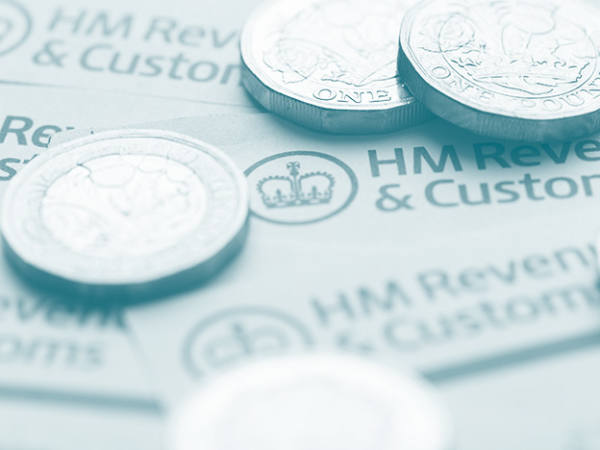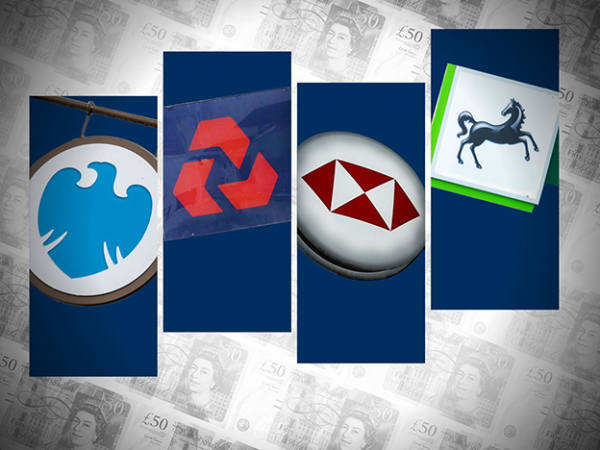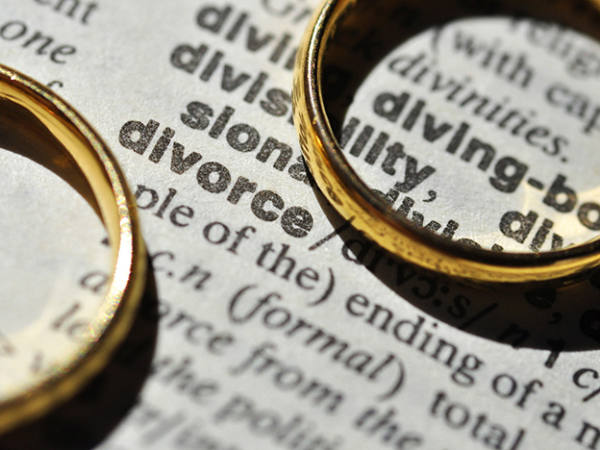- Do not expect leniency from HMRC this year
- Crypto gains might have to be declared even if investors are nursing a loss
- Make the most of your Isa, pension and charitable contributions
At the start of 2023, almost 5.7 million people still had not filed their 2021-22 tax return – close to half of the total number of taxpayers expected to do so.
If you are one of the latecomers, it's time to get your ducks in a row as this year things are expected to be a bit tougher.
What to expect this year
In 2021 and 2022, HMRC waived late filing and late payment penalties for one month, de facto giving taxpayers until the end of February to sort their self-assessment. At the time, it cited pandemic-related pressures individuals and businesses faced as the reason behind the decision.
We are unlikely to see a similar understanding this year, which means investors, savers and business owners must file tax returns on time to avoid a £100 penalty (or higher if more than three months late) and pay interest on their tax bill.
Waiting times for the HMRC helpline are also high, with users complaining on Twitter that they were unable to get through despite being on hold for an hour or more. According to an HMRC spokesperson, waiting times peak in the week before the 31 January deadline, while the two previous weeks tend to be quieter. It is advisable to try and work out issues online first, via the HMRC app and personal tax account, before calling.
Meanwhile, freelancers and the self-employed will need to include any Covid-19 support payments in tax returns this year. Some 2.9 million people claimed at least one self-employment income support scheme (SEISS) payment in the 2021-22 tax year, and these are taxable.
There is also more bad news for crypto investors, who could be liable for capital gains tax despite the recent crash. Any crypto transaction that locks in a gain is treated as a disposal for capital gains tax purposes, including exchanging one type of coin for another. If they have made gains in the 2021-22 tax year, it does not matter how much value the asset has lost since then, they still need to pay CGT on those gains. Any losses made in the same tax year can be offset against any capital gains, potentially reducing a CGT bill. However, investors cannot claim back paid tax if losses are made afterwards.
Click here to read more real-life tax problems.
Who needs to file a tax return
People who need to file a tax return include those who received “unearned income” which includes rental income, income from savings and investments from both dividends and sales of assets (outside of Isas and Sipps), Covid-19 support payments and foreign income. Sole traders who earned more than £1,000 in the 2021-22 tax year, business partners and people who earned more than £100,000 also have to file returns. Taxpayers can also file one to claim income tax relief, if entitled.
Most individuals should file their tax return online. They will need a government gateway user ID and password in order to do so. If this is the first time completing a self-assessment, they should start as soon as possible as registering takes extra time (up to 20 working days, according to HMRC).
Tips to lower a tax bill
It’s important anyone filling out a self-assessment tax return takes advantage of all of the deductions and allowances they are entitled to. Rachael Griffin, a tax expert at wealth firm Quilter, notes that this includes charitable donations, business expenses (such as renovations for a property) and capital allowances for equipment used in a business.
If they are a higher or additional rate taxpayer they should also claim tax relief on pension contributions and charity donations. Both pension relief at source (by a pension scheme) and Gift Aid (by the charity) can be claimed at the 20 per cent basic rate of income tax. Additional 20 per cent or 25 per cent pensions tax relief should be claimed via self-assessment. However, they cannot claim tax relief on pension contributions if they use salary sacrifice.
Alice Haine, personal finance analyst at Bestinvest, also suggests taxpayers double check their previous tax returns to see if there are any unused allowances. As well as completing the 2021-22 tax return, investors have until 31 January to tweak 2020-21 filings.
Investments held outside an Isa or a pension are subject to capital gains tax and dividend tax if the gains or dividends go above the respective allowances. These are currently at £12,300 and £2,000 – although they will fall to £6,000 and £1,000 respectively from April 2023.
Investors with a CGT liability should not forget to claim for capital losses. These are initially offset against any capital gains made in the same year, so if gains are below the allowance, they won’t make much of a difference. Any unused losses can then be carried forward to reduce the gains of later years (above the allowance in this case, helpfully). Investors have four years from the end of the tax year to claim losses.
Additionally, where an individual has made a capital loss on shares in an unquoted company, it is sometimes possible to offset that loss against income.
Common mistakes to avoid
Investors are not always aware they’re liable to pay CGT and often forget to declare investment proceeds to HMRC. Stefanie Tremain, partner at Blick Rothenberg, explains that there are cases where investors have to declare profits even if they’re not liable to pay tax. This, she says, applies if the proceeds are at least four times the allowance itself. For example, if someone sells £50,000 of investments, they must declare it to HMRC even if the profits are less than £12,300.
Landlords should no longer assume mortgage interest is tax deductible. The taxman has gradually scaled back mortgage interest tax relief and was removed entirely from the 2021-22 tax year. Landlords can claim and bring forward any rental losses. Sometimes, this is not done automatically on HMRC’s software, says Chris Etherington, partner at RSM, so it’s worth double checking to avoid missing out.
M&G Wealth’s Graeme Robb says investors should check their dividends from open-ended funds. These might be dividends or interest depending on the underlying investments, which need to be filed differently.
Sally Jackson from HFL Finance Advisers says investors who have made a withdrawal from a capital investment bond, and received a “chargeable event certificate”, need to declare it. They should also check any offshore bonds (a provider might be based in Ireland or the Isle of Man, for example) as profits are taxed as income rather than capital gains.









